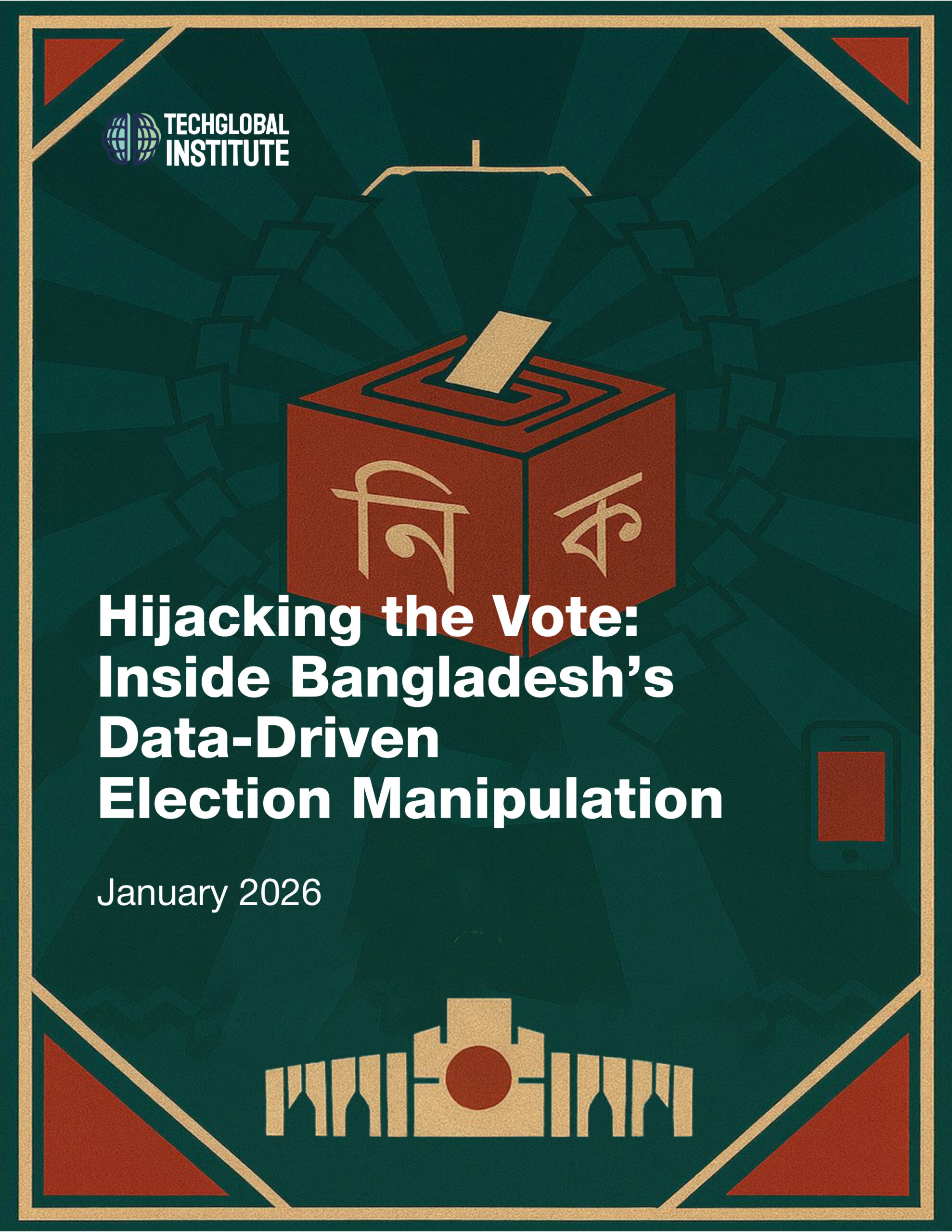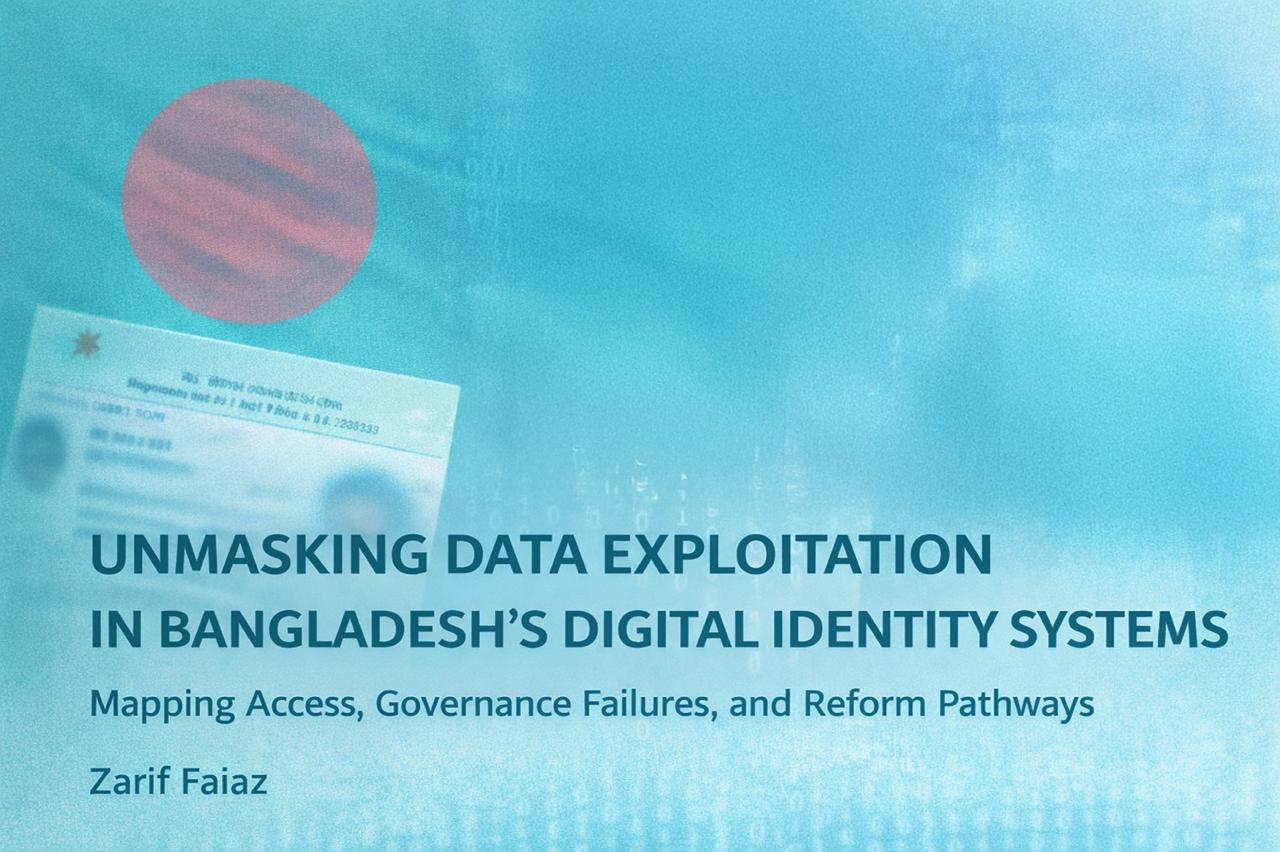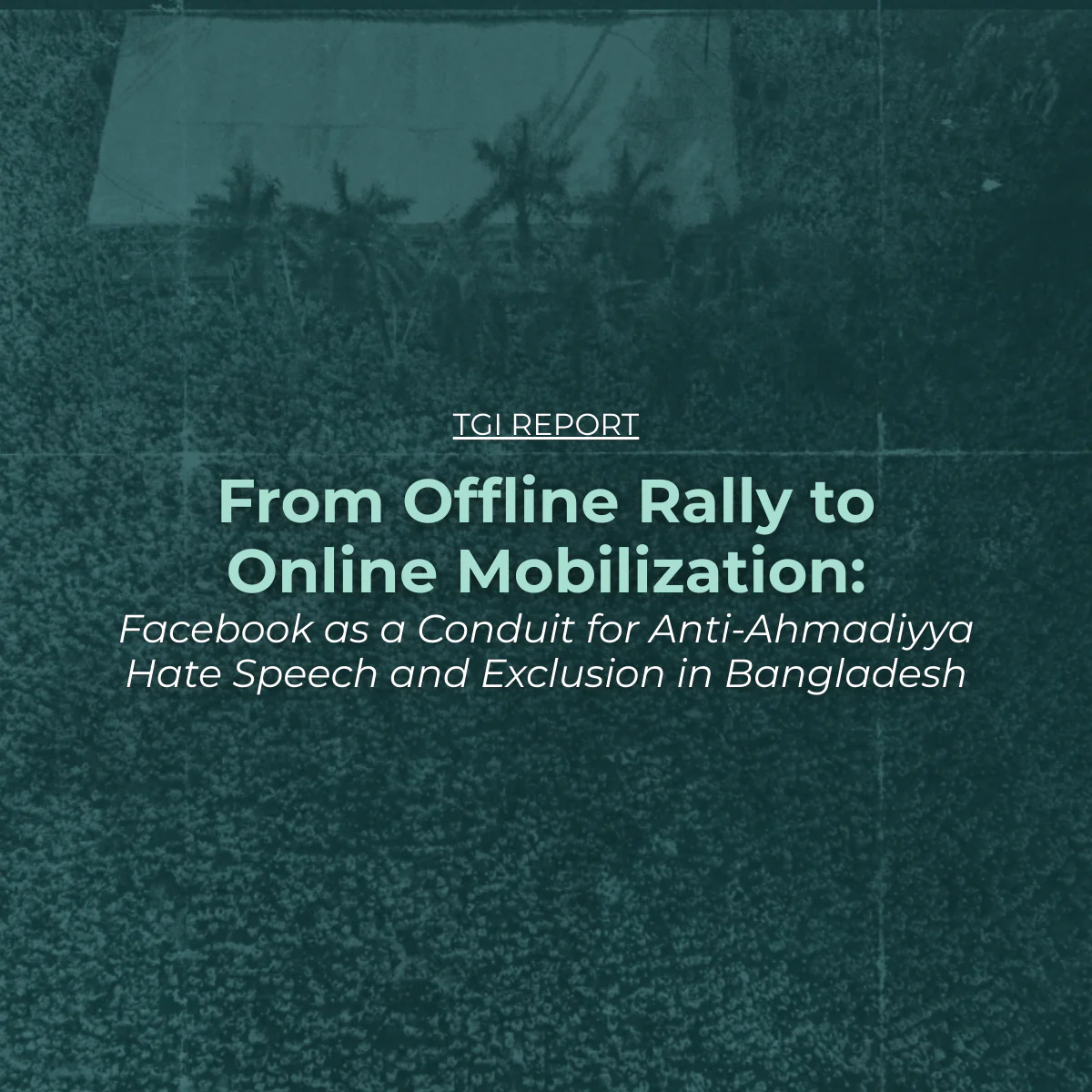September 10, 2025— We, the coalition of South Asians for Digital Rights (SADR), are deeply alarmed by the former Government of Nepal’s violent crackdown on unarmed civilians protesting against corruption and maladministration. We further condemn the blanket ban on 26 social media and messaging platforms, which has since been lifted. These actions represent a grave escalation of repression, undermining freedom of expression, access to information, and civic participation.
The ban, imposed between September 5 and 8, 2025, under the Directives for Managing the Use of Social Networks, set a dangerous precedent by criminalizing digital expression and disproportionately harming women, queer communities, migrant families, small businesses, and civic actors who depend on online platforms for safety, connectivity, and activism. Nepal’s push for a Social Network Bill, mirroring these restrictive directives with heavy penalties, reflects a growing regional pattern in South Asia where digital spaces are increasingly weaponized for surveillance, censorship, and control. Previously, Nepal blocked access to TikTok in November 2023 and Telegram in July 2025. Such measures not only erode fundamental rights but also threaten economic stability by disrupting livelihoods tied to open online platforms, and signify the disconnect between governments eager to control online spaces and young citizens who view internet access as a fundamental right. These violations are in clear breach of the International Covenant on Civil and Political Rights, UN Human Rights Council Resolution No. 47/16, UN Human Rights Committee General Comment No. 34, and UN Committee on the Rights of the Child General Comment No. 25.
Depriving one’s own citizens of information as means to force compliance is never a proportionate measure, and hinders citizens’ fundamental rights, resulting in chaos and instability during a political crisis. The ban was part of the former government’s broader efforts to clamp down on civic space in Nepal. In addition, the former government also sanctioned excessive use of force: at least 19 unarmed civilians, including children, have reportedly been killed and over 300 injured, marking Nepal’s deadliest protest in decades. These violations stand in clear breach of the Basic Principles on the Use of Force and Firearms by Law Enforcement Officials, International Covenant on Civil and Political Rights, and Convention on the Rights of the Child.
Although Prime Minister Khadga Prasad Sharma Oli, Home Minister Ramesh Lekhak, and other members of the parliament have resigned and the ban on digital platforms has since been lifted, the former government’s actions expose a global trend of states tightening their grip over digital and civic spaces. Even in the aftermath of these resignations, the situation remains concerning and highly volatile with multiple reports of violence emerging from Nepal.
This crisis is also compounded by the failure of major U.S. and foreign technology companies to engage constructively, transparently, and effectively with smaller countries in the Global South, ignoring repeated warnings about unchecked hate speech, disinformation, misogyny, and online violence—harms that have repeatedly translated into real, and at times fatal, consequences for communities. While the government holds obligations to ensure rights-protective regulation and proportionate enforcement, companies operating in sovereign jurisdictions also carry responsibilities to engage meaningfully and to safeguard the rights of the communities they serve.
As a coalition of civil society organizations and human rights defenders in South Asia, we call for:
- A public commitment by the relevant authorities and/or the interim civilian administration in Nepal to uphold the fundamental rights of citizens as the country navigates this transition.
- A full and independent investigation by relevant authorities and/or the interim civilian administration in Nepal into the excessive use of lethal and non-lethal force by state authorities.
- A public commitment by relevant authorities and/or the interim civilian administration in Nepal to refrain from imposing further blanket bans on the internet or digital platforms, and to guarantee that any restrictions on speech are narrowly tailored, proportionate, subject to prior judicial authorization, and grounded in the limited and qualified circumstances permitted under the International Covenant on Civil and Political Rights.
- A public commitment by relevant authorities and/or the interim civilian administration in Nepal to engage in transparent, participatory consultations on emerging regulations to ensure proportionate and rights-respecting digital governance.
- Major U.S. and other foreign technology companies to act responsibly, with urgency, and through meaningful, sustained consultation with civil society, human rights groups, regulators, and the government to deliver concrete measures, including increasing allocation of resources, tools, and product interventions that address persistent online safety failures.
- The international human rights law mechanisms to urgently press relevant authorities and/or the interim civilian administration in Nepal to uphold its obligations under the International Covenant on Civil and Political Rights and other international standards, and protect both online and offline civic space.
The rights to expression, dissent, and safe digital participation are non-negotiable foundations of democracy. We stand in solidarity with those resisting censorship, reclaiming their rights, and demanding accountability in Nepal and globally. We continue to follow developments with concern and hope for de-escalation and cessation to the violence that has since followed, so Nepal can move towards a smooth democratic transition.



